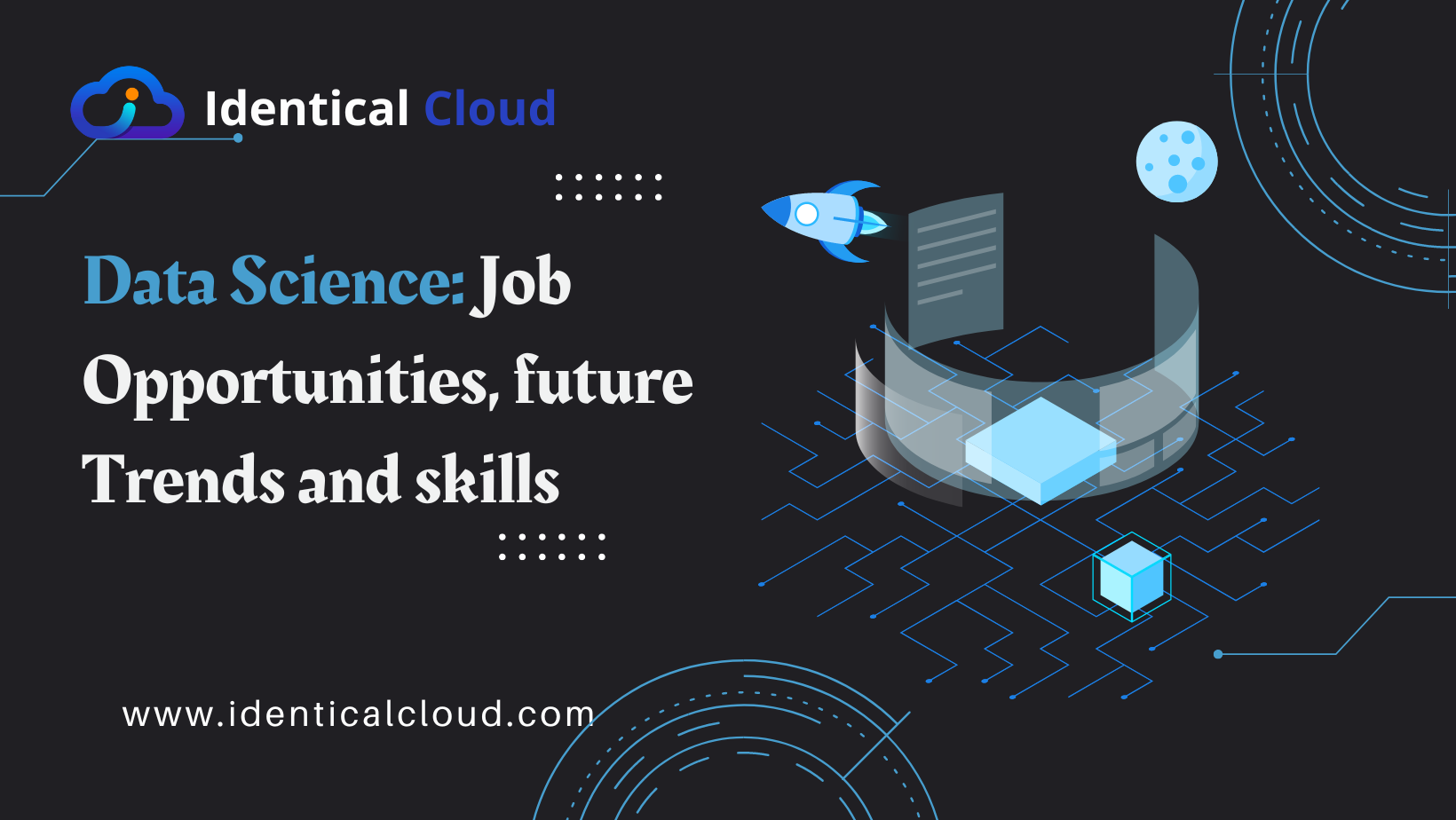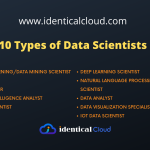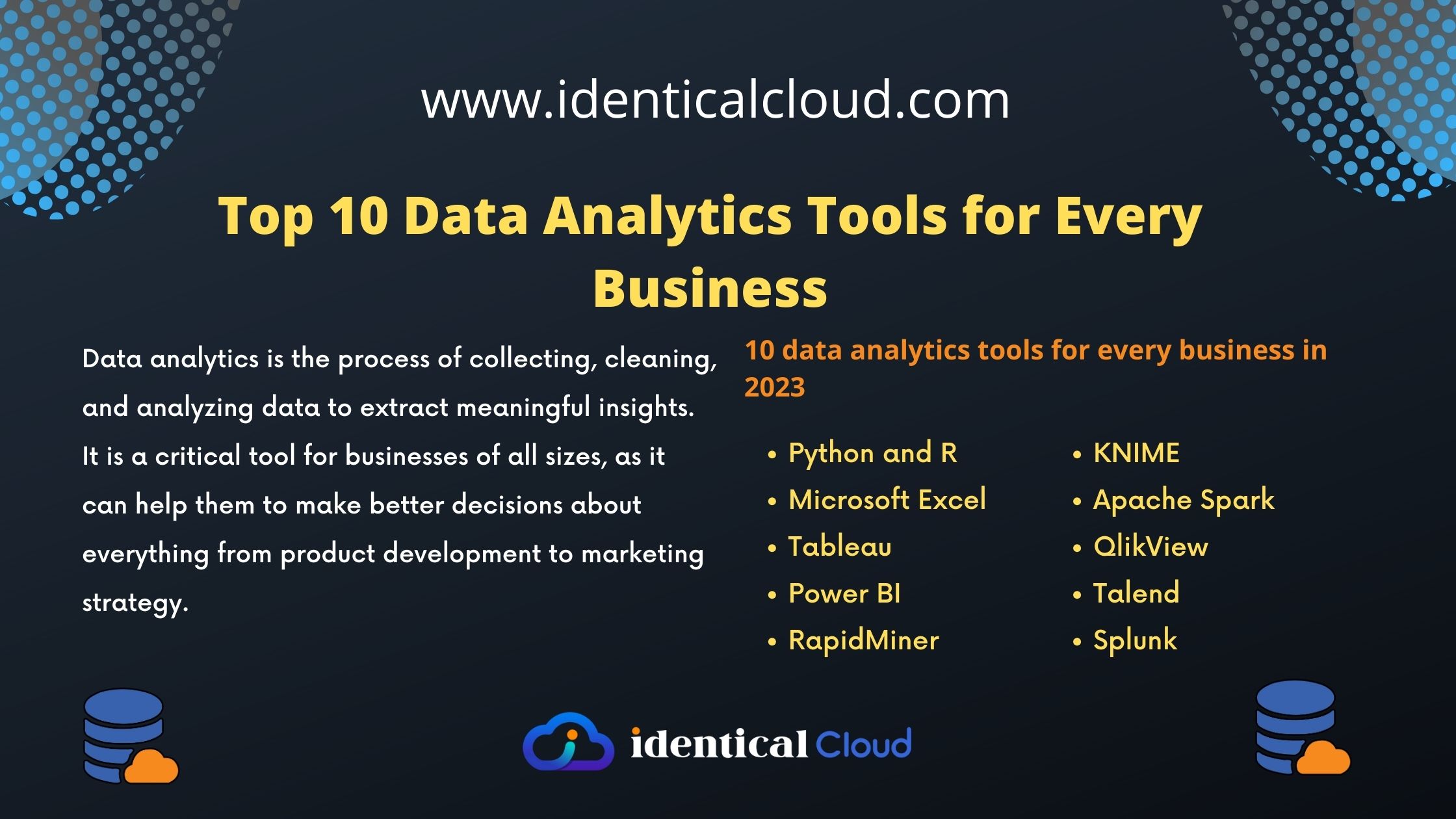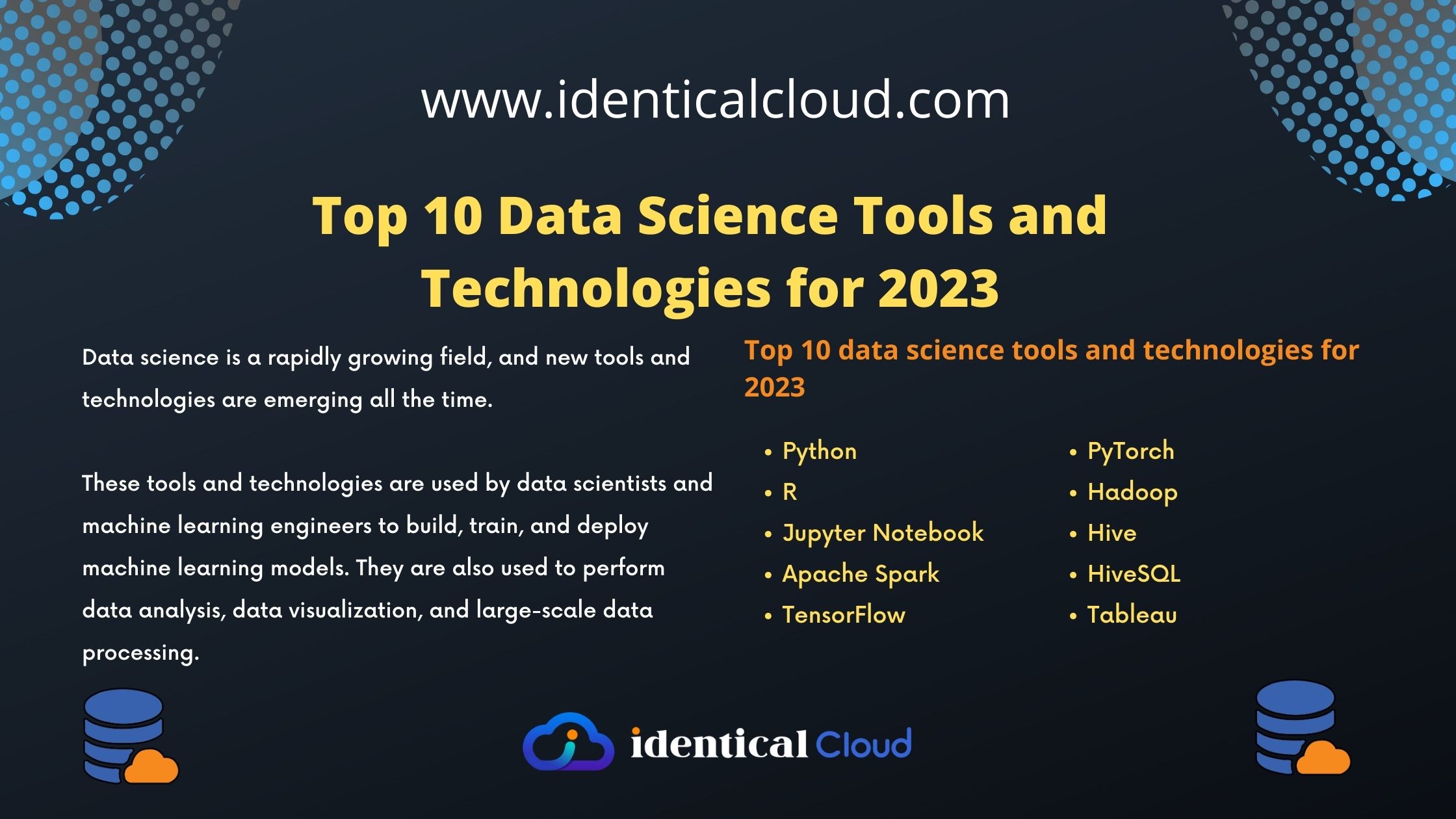
Data Science: Job Opportunities, future Trends and skills
Data Science: Job Opportunities, future Trends and skills
Data Science is a rapidly evolving field that involves extracting insights and knowledge from complex and large datasets using a combination of statistics, machine learning, domain expertise, and programming skills. The field offers a wide range of job opportunities, and its future trends are shaped by advancements in technology, increased data availability, and changing business needs.
Here are some insights into job opportunities, future trends, and skills in Data Science:
Job Opportunities in Data Science
- Data Scientist: Data scientists are the ultimate storytellers of data. They leverage their expertise in statistics, programming, and domain knowledge to extract actionable insights from complex datasets. Data scientists work across various industries, ranging from healthcare and finance to e-commerce and entertainment.
- Machine Learning Engineer: Machine learning engineers design, build, and deploy machine learning models that enable computers to learn from data. These models power applications like recommendation systems, fraud detection, and autonomous vehicles.
- Data Analyst: Data analysts translate raw data into meaningful narratives by identifying trends and patterns. Their insights guide business strategies, enhance decision-making, and offer a clear understanding of market dynamics.
- Business Analyst: Business analysts bridge the gap between data science and business strategy. They use data-driven insights to optimize operations, improve customer experiences, and drive revenue growth.
- Data Engineer: Data engineers lay the foundation for effective data analysis. They design and maintain data pipelines, ensuring data quality, accessibility, and integrity for downstream analysis.
- AI Researcher: AI researchers push the boundaries of machine learning algorithms, exploring innovative approaches to solving complex problems. They contribute to advancing the theoretical underpinnings of AI technologies.
- Quantitative Analyst (Quant): Quants specialize in applying mathematical and statistical techniques to financial modeling, risk assessment, and trading strategies in the finance industry.
Future Trends in Data Science
- AI Integration: The integration of artificial intelligence into everyday applications is set to skyrocket. Businesses will seek professionals who can develop and deploy AI-powered solutions across industries, from healthcare diagnostics to customer service automation.
- Automated Machine Learning (AutoML): AutoML platforms will democratize machine learning by enabling non-experts to build and deploy models efficiently. However, domain expertise will remain crucial for accurate problem framing and interpretation of results.
- Ethics and Responsible AI: As AI technologies become more pervasive, the focus on ethical considerations will intensify. Professionals will need to address bias, privacy concerns, and transparency to ensure AI benefits everyone.
- Interdisciplinary Collaboration: Data scientists will collaborate closely with domain experts, business leaders, and other professionals to solve complex, industry-specific challenges. This collaboration will yield more impactful and contextually relevant insights.
- Edge Computing: With the surge in Internet of Things (IoT) devices, edge computing will gain prominence. Analyzing data closer to its source will reduce latency and enhance real-time decision-making.
Key Skills for Data Science Success
- Programming: Proficiency in languages like Python or R is essential for data manipulation, analysis, and modeling.
- Statistics and Mathematics: A solid foundation in statistics, linear algebra, and probability theory is vital for effective data analysis.
- Machine Learning: Understanding machine learning algorithms, techniques, and libraries is critical for building predictive models.
- Data Manipulation: Skills in data cleaning, transformation, and integration are necessary to work with real-world datasets.
- Domain Expertise: Understanding the industry or domain you’re working in allows you to generate meaningful insights and solutions.
- Communication: The ability to convey complex technical concepts to non-technical stakeholders is crucial for making data-driven decisions.
- Big Data Technologies: Familiarity with tools like Hadoop, Spark, and databases like SQL or NoSQL systems is valuable for handling large datasets.
- Business Acumen: Understanding business goals and challenges helps data scientists tailor their analyses to provide actionable insights.
- Deep Learning (for AI roles): Proficiency in deep learning frameworks like TensorFlow or PyTorch is important for roles that involve complex neural network models.
- Data Visualization: Creating compelling visualizations to communicate insights effectively is a critical skill.
What is the future of data science after 5 years?
The future of data science is very bright. The demand for data scientists is expected to grow significantly in the next 5 years, as businesses and organizations increasingly rely on data to make decisions.
Here are some of the trends that are expected to shape the future of data science in the next 5 years:
- The rise of artificial intelligence (AI): AI is becoming increasingly important in data science, as it can be used to automate tasks and make predictions. This will free up data scientists to focus on more complex tasks, such as developing new machine learning models.
- The growth of big data: The amount of data being generated is growing exponentially, which is creating new challenges and opportunities for data scientists. Data scientists will need to develop new skills and techniques to be able to manage and analyze this vast amount of data.
- The rise of cloud computing: Cloud computing is making it easier and more affordable for businesses to store and process data, which is opening up new opportunities for data science. Data scientists will be able to use cloud computing to access and analyze data from anywhere in the world.
- The need for diversity in the data science workforce: The data science workforce is currently dominated by white men, but there is a growing need for diversity in this field. Businesses that are able to attract and retain a diverse workforce of data scientists will be better positioned to succeed in the future.
Overall, the future of data science is very bright. Data scientists will be in high demand in the next 5 years, and they will have the opportunity to work on cutting-edge projects that will impact the way we live and work.
Data science is a dynamic and rewarding field that offers a multitude of job opportunities across diverse industries. As technology continues to evolve and data becomes more integral to decision-making, data science professionals will play a pivotal role in shaping the future. By mastering the necessary skills, staying updated with emerging trends, and approaching data with an interdisciplinary mindset, aspiring data scientists can navigate this landscape with confidence, contributing to innovation and progress. Whether you’re extracting insights from healthcare data or optimizing supply chain logistics, data science is a passport to unlocking new horizons in the modern age.









